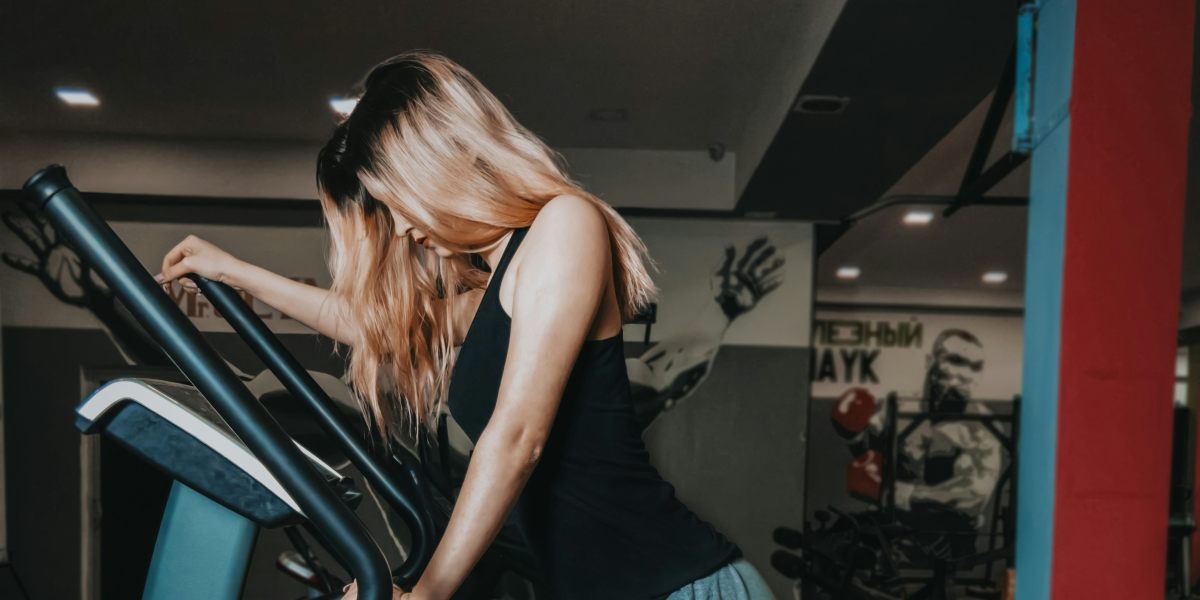Why Physical Conditioning Matters
Hey performers, are you ready to take your fitness to the next level? In this article, we’ll explore the importance of physical conditioning, including strength training and cardiovascular exercise, specifically tailored for performers like you. Whether you’re a dancer, actor, singer, or athlete, maintaining a strong and healthy body is essential for excelling in your craft. Let’s dive in and discover how you can optimize your physical fitness regimen!
As a performer, your body is your instrument, and keeping it in top shape is crucial for delivering your best performances. Physical conditioning not only enhances your strength, stamina, and endurance but also reduces the risk of injury and improves overall well-being. Whether you’re dancing on stage, belting out notes in a musical, or executing complex stunts in a film, being physically fit allows you to perform at your peak and captivate your audience.
Strength Training: Building Power and Stability
Strength training is a cornerstone of physical conditioning for performers, as it helps build muscle strength, power, and endurance. Here are some key benefits of incorporating strength training into your fitness routine:
Strength training exercises, such as weightlifting, resistance band workouts, and bodyweight exercises, target specific muscle groups and help increase their strength and endurance. This is especially beneficial for performers who rely on repetitive movements or maintain challenging positions for extended periods.
A strong and stable body is less susceptible to injuries, such as strains, sprains, and muscle imbalances. By strengthening the muscles surrounding your joints and improving overall body mechanics, strength training can help reduce the risk of common performance-related injuries.
Increased muscle strength and power translate to enhanced performance on stage or on the field. Whether you’re executing explosive dance moves, projecting your voice across a theater, or executing precise physical maneuvers, a strong and resilient body allows you to perform with confidence and precision.
Cardiovascular Exercise: Boosting Stamina and Endurance
Cardiovascular exercise, also known as cardio, is essential for improving cardiovascular health, increasing stamina, and enhancing endurance. Here’s why cardio is vital for performers:
Cardiovascular workouts, such as running, cycling, swimming, and dancing, elevate your heart rate and improve your body’s ability to deliver oxygen to your muscles. This leads to increased stamina and endurance, allowing you to sustain high-energy performances for longer durations without fatigue.
Regular cardiovascular exercise enhances blood circulation and accelerates the delivery of oxygen and nutrients to your muscles, which aids in faster recovery after intense rehearsals or performances. This means less downtime between shows and quicker muscle recovery for your next performance.
Cardiovascular exercise is a natural stress reliever, as it triggers the release of endorphins, also known as “feel-good” hormones, in your brain. This can help alleviate performance anxiety, boost mood, and promote overall mental well-being, allowing you to approach rehearsals and performances with a clear and focused mind.
Creating a Balanced Fitness Routine
To reap the full benefits of physical conditioning, it’s essential to create a well-rounded fitness routine that incorporates both strength training and cardiovascular exercise. Here are some tips for designing a balanced workout plan:
Mix up your workouts by incorporating a variety of strength training exercises, such as weightlifting, resistance band workouts, and bodyweight exercises, along with different forms of cardiovascular exercise, such as running, cycling, swimming, and dancing. This prevents boredom, challenges your body in new ways, and maximizes overall fitness gains.
Consistency is key to seeing results from your fitness routine. Aim to exercise regularly, ideally at least three to four times per week, to maintain and improve your physical conditioning over time. Schedule your workouts at times that align with your rehearsal and performance schedule, and prioritize self-care to ensure you’re taking care of your body both on and off stage.
Pay attention to your body’s signals and adjust your workouts accordingly. If you’re feeling fatigued or experiencing discomfort during a workout, take a break or modify the exercise to avoid injury. Remember, it’s important to push yourself, but not to the point of overexertion or pain.
Proper nutrition plays a crucial role in supporting your physical conditioning efforts. Fuel your body with a balanced diet rich in lean proteins, complex carbohydrates, healthy fats, and plenty of fruits and vegetables. Stay hydrated by drinking an adequate amount of water throughout the day, especially before, during, and after workouts.
In conclusion, physical conditioning is a vital component of success for performers across all disciplines. By incorporating strength training and cardiovascular exercise into your fitness routine, you can enhance your strength, stamina, and endurance, reduce the risk of injury, and elevate your overall performance on stage or on the field. So, lace up those sneakers, grab those weights, and get ready to take your performance to new heights with a well-rounded approach to physical fitness!








